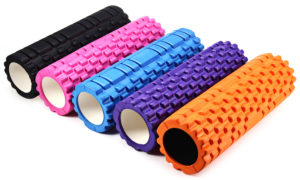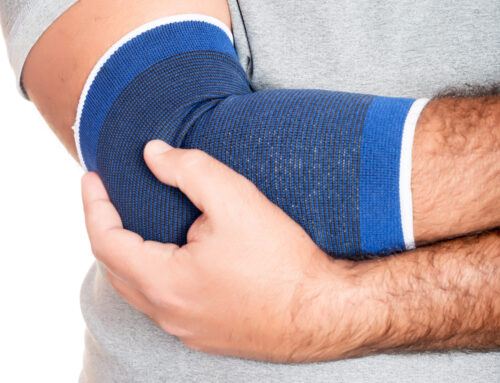FOAM ROLLING 101
The amount of time I’ve seen some people spend on a foam roller (way too long), you would think their workout split is push/pull/foam roll. Let’s dive into what foam rolling does, what it does not do, how it works and how we can optimize our results.⠀
Based on research Foam Rolling DOES:
Based on research Foam Rolling does NOT:
Based on theory and some research we believe that foam rolling works like massage in the sense that it decreases neurological tone in the muscle. Decreasing tone allows for greater tissue extensibility.
This massage type mechanism may also help improve blood flow which is why it helps prevent DOMS. (Needs more research)

Optimize your foam rolling routine:
- Start and end your workout with no more than 5 minutes (MAX)
- Use it in conjunction with passive and active stretching with loading, as this will yield longer lasting results as far as tissue extensibility goes.
Happy Rolling!
Rehab Science Instagram
?Cheatham SW, et al. The effects of self-myofascial release :Int J Sports Physiology



